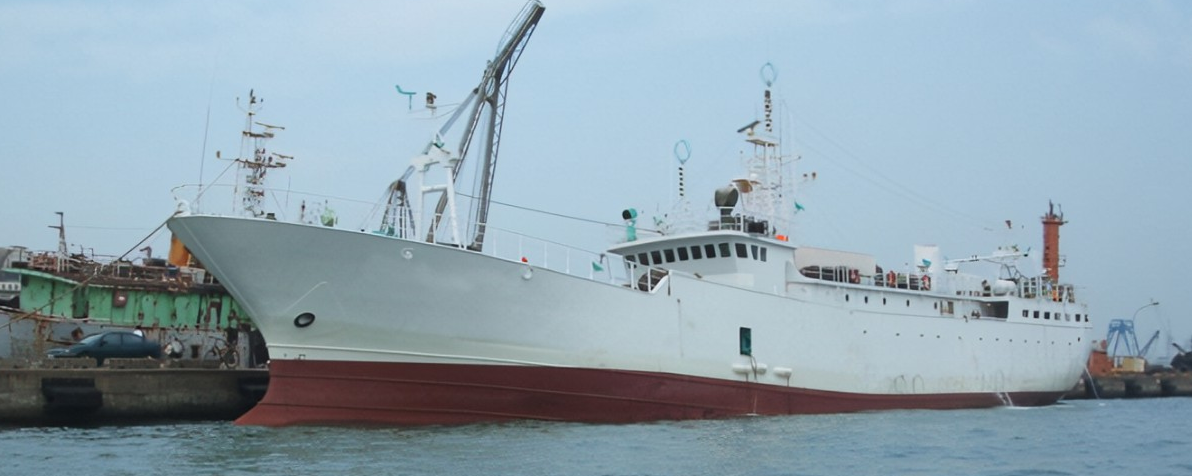"Smart ship Code" six functional module requirements
■ Through big data analysis, numerical analysis and optimization technology, provide data evaluation and analysis results and auxiliary decision-making suggestions for ships. In addition to the basic functions, it can also realize real-time monitoring, intelligent assessment and optimization of ship energy efficiency through speed optimization, optimal stowing based on trim optimization and other solutions, as a supplementary function of intelligent energy efficiency.
5. Intelligent cargo management
The specification requires that smart cargo management should have the following basic functions:
■ Realize the monitoring and alarm of cargo hold and cargo and assist decision-making;
■ To realize the monitoring and alarm of the cargo protection system and assist decision-making;
■ Optimize cargo loading through the collection and processing analysis of cargo, cargo hold and cargo protection system parameters. In addition to the basic functions, the intelligent cargo management system can also have automatic loading and unloading as its complementary function.
6. Intelligent integration platform
The specification requires that the intelligent integration platform should have the following basic functions:
■ At least three systems of intelligent navigation, intelligent cabin and intelligent energy efficiency management are integrated.
■ Should be open, able to integrate the existing shipboard information management system and subsequent new systems, to achieve comprehensive monitoring and intelligent management of the ship;
■ Achieve automated and standardized analysis reports through statistical analysis and comprehensive evaluation;
■ Provide comprehensive forecast and early warning for navigation, safety, economy and other related indicators through user setting;
■ Use the ship's historical operating status and related parameters to provide trend prediction for ship operation and management plans;

■ Support good auxiliary decision making, improve ship performance, and reduce human error. Based on the assessment and prediction results, provide integrated management and operational solutions for accident response, risk response planning, environmental protection measures, accident detection and prevention, economic performance improvement, resource management and communication;
■ Can realize ship-shore data interaction.
In addition, the specification also makes clear requirements for the development of computer systems and software corresponding to various intelligent functions, submitting data for review, testing and inspection, and staffing. Taking into account the continuous development of smart ship technology, the specification sets out the principle requirements for the application of new technologies: when the systems and equipment using new technologies are proved by risk assessment and testing to be able to achieve the same level of safety as the requirements of the CCS specification, the design of these systems and equipment may deviate from the requirements of the CCS specification. At the same time, the risk assessment method and the basis of new technology approval are given.
Ship intelligence has become an inevitable trend in the development of ship manufacturing and shipping. Today, as ships become increasingly intelligent and shipboard systems and equipment become increasingly complex, shipowners, design units, shipyards and equipment manufacturers are all thinking about the intelligent direction of future ships, and need corresponding regulations to regulate existing and future shipboard intelligent systems. CCS "Smart Ship Code" is filling this gap, is the world's first classification society code covering the full life cycle of smart ships from design, construction to operation.
In terms of content, the standard is clear, self-contained and operable; The division of six functions of "intelligent navigation", "intelligent hull", "intelligent engine room", "intelligent energy efficiency management", "intelligent cargo control" and "intelligent integration platform" covers all intelligent systems on board; In addition, the specification content is based on the existing specification system and can be well integrated with the current CCS specification requirements. At the same time, the standardized and open writing method fully takes into account the development of future intelligent ship technology, facilitates the continuous inclusion of new application results in the future, and improves and refines the existing technical requirements.
- ABB
- General Electric
- EMERSON
- Honeywell
- HIMA
- ALSTOM
- Rolls-Royce
- MOTOROLA
- Rockwell
- Siemens
- Woodward
- YOKOGAWA
- FOXBORO
- KOLLMORGEN
- MOOG
- KB
- YAMAHA
- BENDER
- TEKTRONIX
- Westinghouse
- AMAT
- AB
- XYCOM
- Yaskawa
- B&R
- Schneider
- Kongsberg
- NI
- WATLOW
- ProSoft
- SEW
- ADVANCED
- Reliance
- TRICONEX
- METSO
- MAN
- Advantest
- STUDER
- KONGSBERG
- DANAHER MOTION
- Bently
- Galil
- EATON
- MOLEX
- DEIF
- B&W
- ZYGO
- Aerotech
- DANFOSS
- Beijer
- Moxa
- Rexroth
- Johnson
- WAGO
- TOSHIBA
- BMCM
- SMC
- HITACHI
- HIRSCHMANN
- Application field
- XP POWER
- CTI
- TRICON
- STOBER
- Thinklogical
- Horner Automation
- Meggitt
- Fanuc
- Baldor
- SHINKAWA
- Other Brands




































































































































